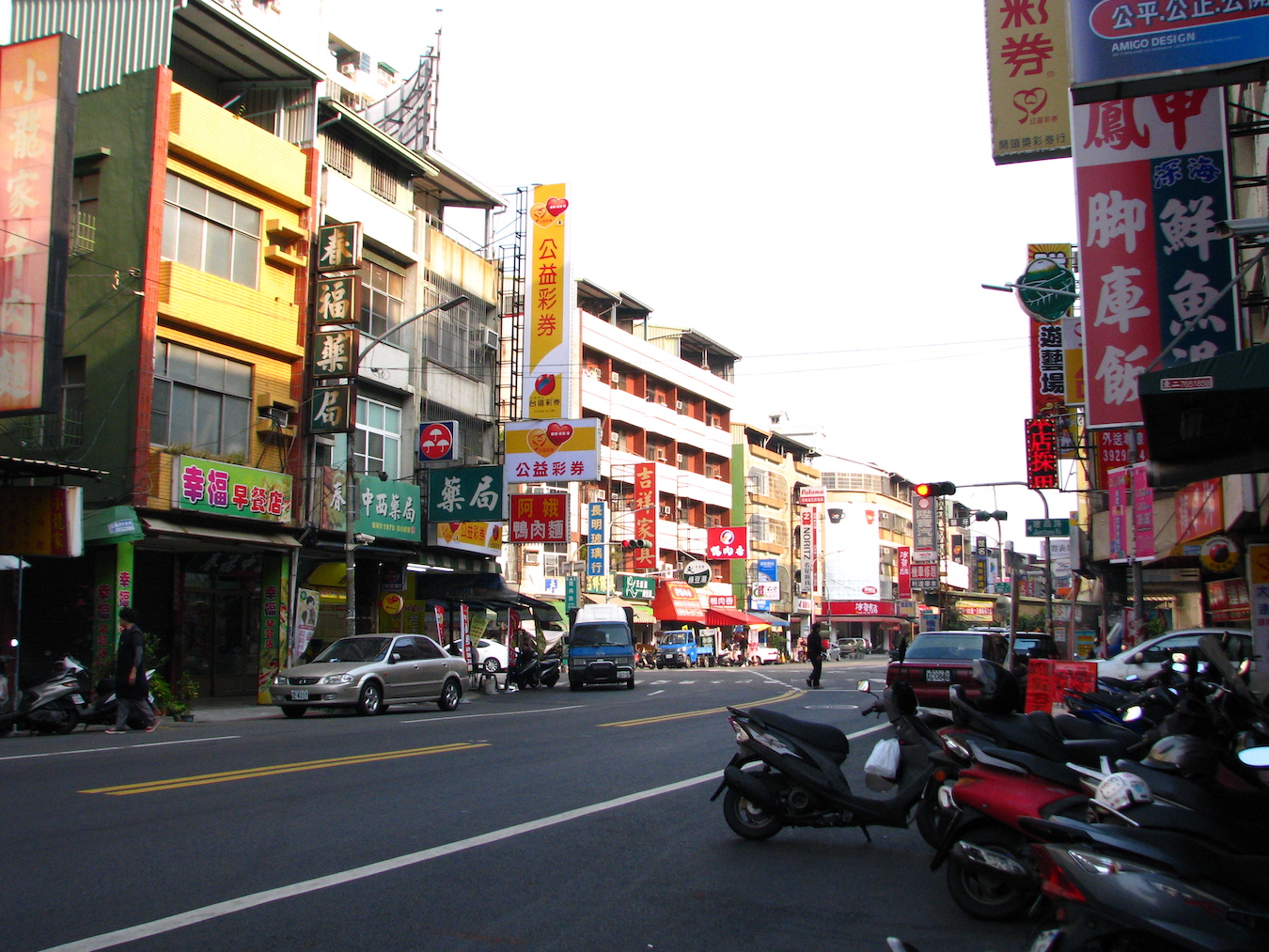by Brian Hioe
語言:
English
Photo Credit: 黃 zero/WikiCommons/CC BY-SA 2.0
SEVERAL JULY INCIDENTS in Kaohsiung indicate how punitive attitudes toward children remain deeply rooted in Taiwanese society. This particularly proves to be an issue with regard to how educational institutions in Taiwan continue to retain teachers who are willing to violently punish students.
In the first incident, a teacher at a private kindergarten in Kaohsiung was found to have behaved violently toward students. The teacher was found to have kicked students, thrown backpacks at them, and hit them with sticks. The cases came to light after students reported these actions, which were later confirmed in security camera footage.
The teacher has since been fired, but the kindergarten in question and the teacher could still face fines of up to 600,000 NT if found guilty of violating relevant laws. Nevertheless, parents have criticized the Kaohsiung City Education Bureau and Bureau of Social Affairs for slow action on the issue, in that two months passed with little action.
In the second incident, an elementary school teacher in Kaohsiung was found to have been bullying children with additional education needs. This includes insulting students and pushing them to cheat.
The teacher’s actions came to light after other teachers found it suspicious when her students experienced dramatic upticks in their test scores, as well as appearing to be emotionally disturbed. The teacher, surnamed Chen, was accused of trying to promote what she referred to as “smart juice” and not assisting a student who had become covered in feces in the bathroom.
 Photo credit: Pppighil/WikiCommons/CC BY-SA 3.0
Photo credit: Pppighil/WikiCommons/CC BY-SA 3.0
The first two incidents took place in Kaohsiung’s Sanmin District. A third incident in Fengshan District, however, involved a teacher beating a three-year-old student. This incident was first reported in June.
There is great sensitivity to the issue of abuse against children in Taiwan at present. Namely, a kindergarten in Banqiao previously came under fire in June with allegations that a teacher at the school had been giving students barbiturates in order to pacify them.
The Banqiao kindergarten case became a political firestorm, because the New Taipei city government was accused of slow action in spite of allegations from parents. Panic ensued in the aftermath of the case after traces of barbiturates were thought to be found in students at another kindergarten in Xizhi. This investigation, too, was later closed after lack of evidence.
The cases prompted the Taipei and New Taipei city governments to offer testing for potentially affected students, as well as the license of the kindergarten to be pulled. But, after several weeks of investigation, the kindergarten was later cleared of wrongdoing.
Nevertheless, even if the Banqiao kindergarten incident later turned out not to be a case in point, child abuse remains disappointingly common in schools in Taiwan.
The most famous case took place in April 2021, when a seven-year-old student practicing judo died from a brain hemorrhage after being body-slammed a total of 27 times by his instructor and other students. The child’s instructor believed that he was faking a headache to get out of class and responded with violent measures. After over 70 days in a coma, the student, surnamed Huang, was taken off life support.
Violence against children with physical or mental disabilities, likewise, continues to take place. In late 2022, a five-year-old child died and a six-year-old suffered brain damage at a facility for children with mental or physical disabilities. The five-year-old, who was surnamed Fang, was shaken violently and had tape placed around his neck. Despite the child rolling around in pain for over twenty minutes, hitting his head, he was not given assistance and died the next day.
Similarly, the six-year-old student, who is surnamed Wu, was tied to a chair during an epileptic episode that lasted for three hours rather than taken to the hospital. Consequently, Wu experienced permanent brain damage. This was not the only case in which Wu had an epileptic episode either, but workers at the care center did not seem to know how to deal with epileptic episodes.
These are only a few of the cases of corporal punishment that have taken place at Taiwanese educational institutions in recent memory. Other cases include students disciplined for perceived disrespect to teachers or because of uniform infractions. Another recent case involves a ban on public displays of affection at a school in Taichung.
Consequently, the issue of corporal punishment can be said to continually recur at Taiwanese educational institutions. Though they have received greater attention in the present political cycle, efforts at systemic change are needed.

